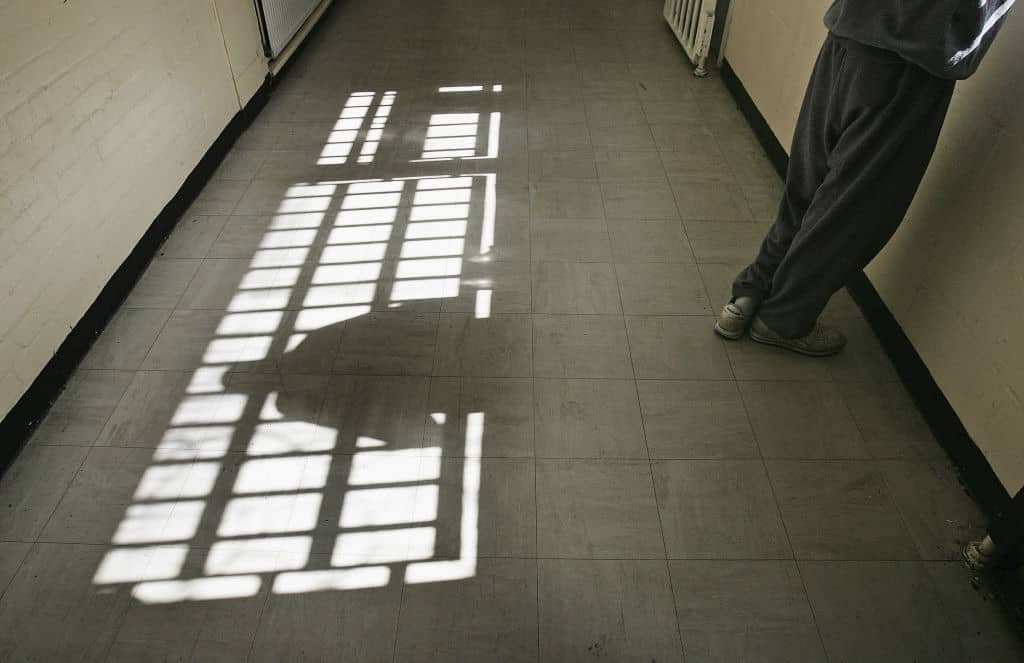A few years ago, there was some controversy about the facts relating to people in prison who identify as transgender, and the proportion of those people jailed for committing sexual offences. The controversy started in 2018 when Fair Play for Women, a feminist campaign group, analysed English prison service data and estimated that 41 per cent of transwomen in prison were there for sexual offences. This conclusion was debated, often poorly, and disputed, unconvincingly, in several places.
Four years on, this remains a heated, disputed topic. To some ‘gender-critical’ people, prisons are where the sex-gender debate becomes very real and very awkward. They are concerned that trans-inclusive policies make it possible for male sex offenders to falsely identify themselves as transwomen and gain access to the female prison estate. That word ‘falsely’ is very important here: it’s why policies based on self-identified gender cause such concern in the context of safeguarding regimes.

Get Britain's best politics newsletters
Register to get The Spectator's insight and opinion straight to your inbox. You can then read two free articles each week.
Already a subscriber? Log in







Comments
Join the debate for just £1 a month
Be part of the conversation with other Spectator readers by getting your first three months for £3.
UNLOCK ACCESS Just £1 a monthAlready a subscriber? Log in